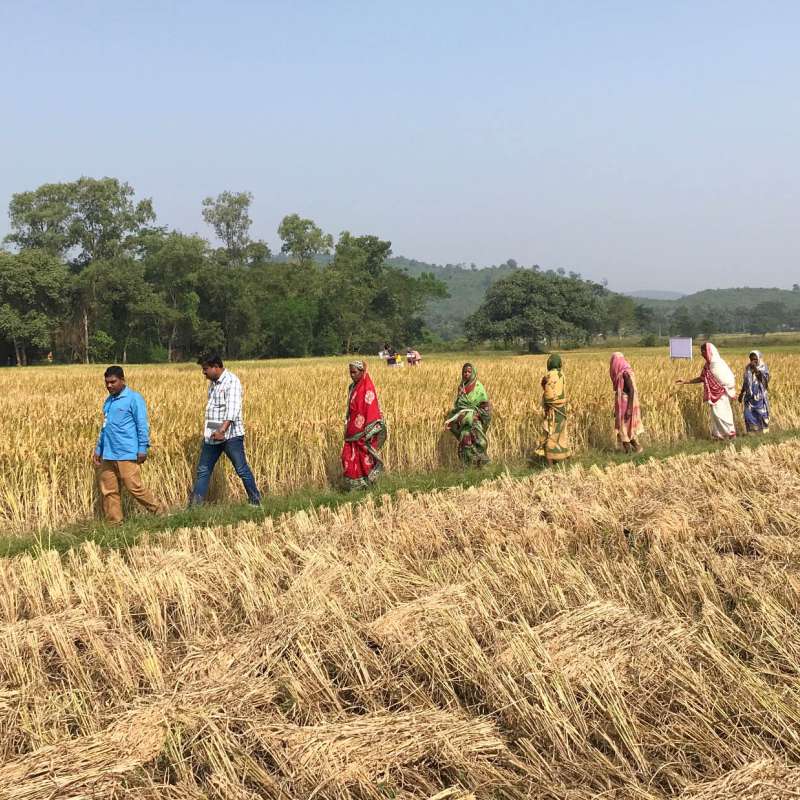International development research in times of COVID-19
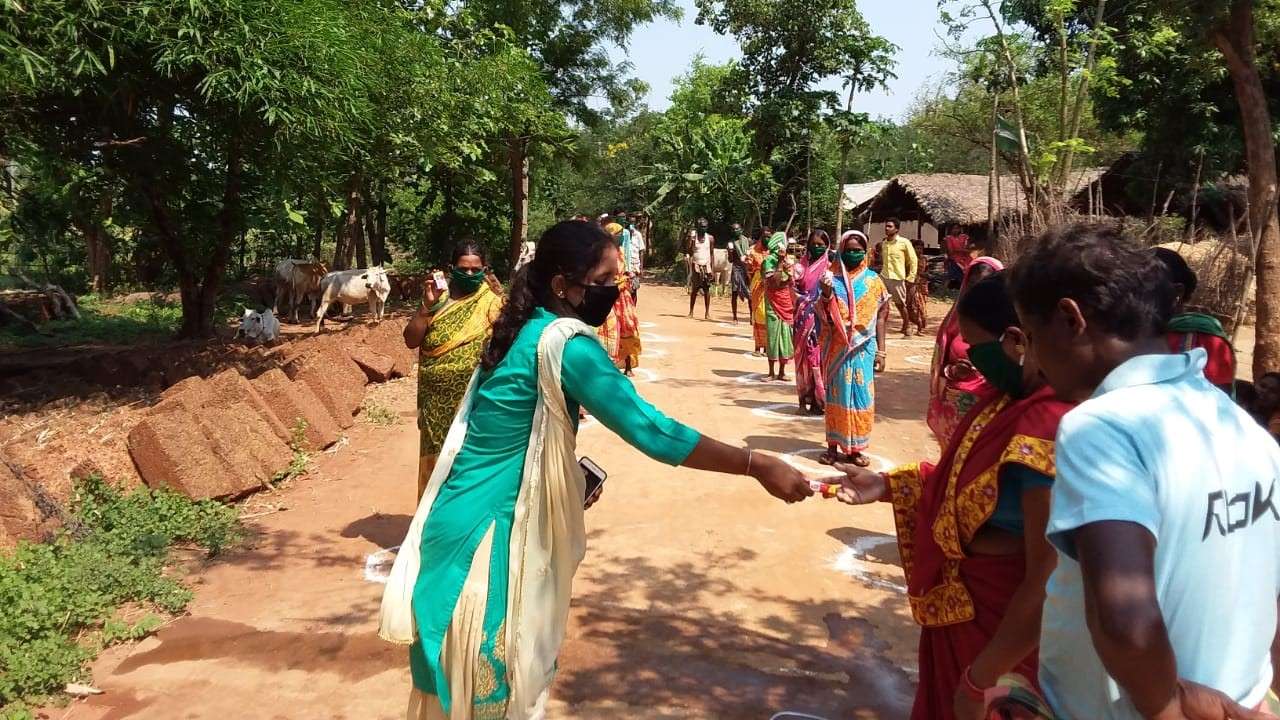
Women supported with agri inputs, hand wash liquids, and training to cope with COVID-19 situation in Resilience project, Odisha state, India. Photo: Rabindra Kumar.
The recent COVID-19 situation has posed challenges to many of NIBIOs international projects. It has however also fuelled several innovative ways to work remotely through digital applications, online tools and other methods.
Travel restrictions have led to cancelled conferences and meetings, and limited possibilities for field visits and data collection. Due to this, several activities have been postponed, while others are organised through virtual platforms. In the meantime, NIBIO and its project partners in various countries strive to support vulnerable groups, especially women and smallholders in the project areas.
Unpredictable situation
– All case countries where our projects are ongoing are on lockdown, and the situation is changing day by day. It’s currently hard to predict when borders will be open again, or when movements within the countries are allowed again, says Research Professor, Udaya Sekhar Nagothu, the Director of NIBIOs Centre for International Development.
– However, we are working together with partners and funding agencies to address the challenges through alternative plans and measures, in the attempt to ensure that critical data collection and other field activities can continue, Dr. Nagothu says.
In some areas, the partners, especially the government institutions personnel working with the project, have been issued with special passes to travel to the field for critical data collection. In other areas, farmers and field assistants have been guided through phones and other digital Apps to collect critical data necessary for analyses.
Fortunately, in some countries, like India, Kenya and Malawi, the ban on farming activities is being lifted slowly and partners there expect that planning for next season will start in June-July.
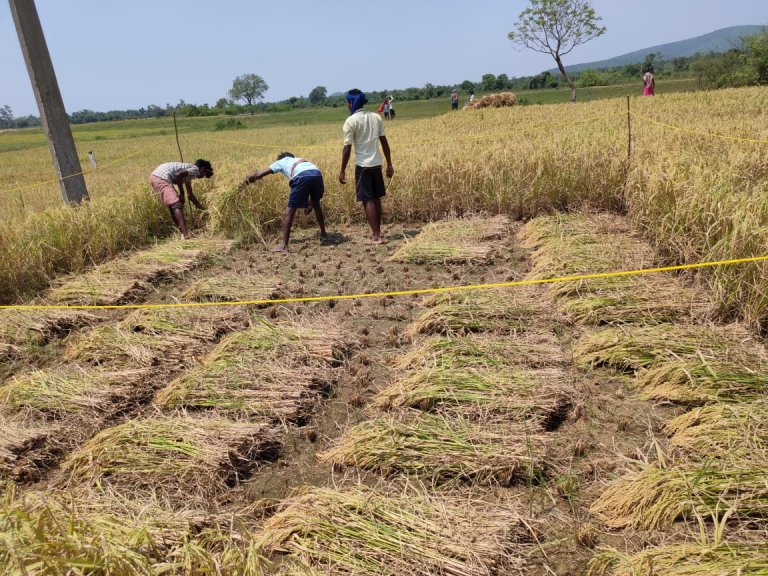
Technology in times of crisis
Dr. Nagothu explains that although virtual meetings and Skype conversations have been used to coordinate and collect relevant information, field site visits and monitoring through physical presence is required to evaluate qualitative impact and changes that happen due to project interventions.
– Some tasks run as planned via virtual meetings, but that may not capture the complete essence and information necessary for the deliverable. Some of the case country teams have no, or limited, access to the internet even.
Local emergency relief actions to respond to COVID-19 challenges
During lockdown, NIBIO has contributed with several emergency relief responses to reduce the vulnerability of marginal groups, such as smallholders and women, in collaboration with local partners.
– In the Resilience project in India, a phone-in programme was organized in the field sites. Social media, such as WhatsApp, are being used to organize bimonthly phone-in programmes to connect the farmers with line departments and other research partners to increase awareness about benefits from government relief programs, Dr. Nagothu says, and adds:
– In this project we also plan to provide training in food processing and packaging, in order to reduce food waste in this time where many farmers don’t have access to markets to sell their crops.
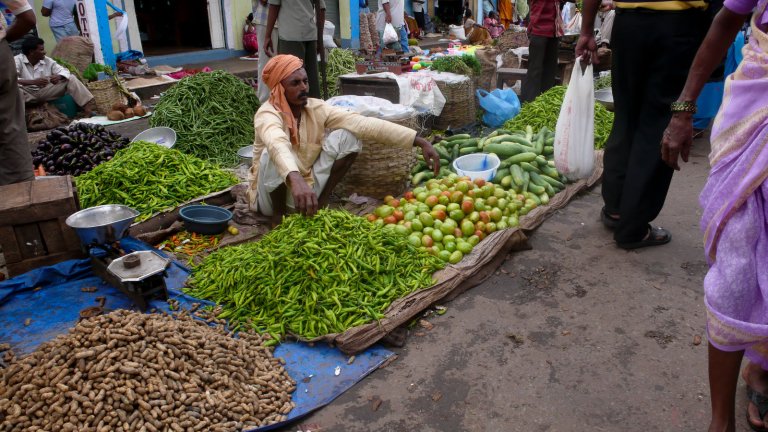
Another COVID-19 measure in the Resilience project is to reach out to landless farmers who are paid daily wages for their work and help provide input for next season’s crop. For some groups of landless labourers, the project can assist them in setting up measures to minimise their dependence on external income sources. This could be measures such as backyard poultry farming, goat breeding, mushroom cultivation and bee keeping.
In India as in many other countries, there is a huge demand for labourers for agricultural production. In response to this, the project will encourage the use of small machinery and equipment for harvesting, sowing and planting, as well as providing training of farmers and youth to handle the machinery. Moreover, the project will aim to strengthen market linkages between producers and consumers through digital means that could help smallholders sell their produce.
Dr. Nagothu emphasis that all CID projects are now closely monitored with regards to addressing risks. Measures are being taken to respond to COVID-19 challenges locally, in close collaboration with partners and funding sources.
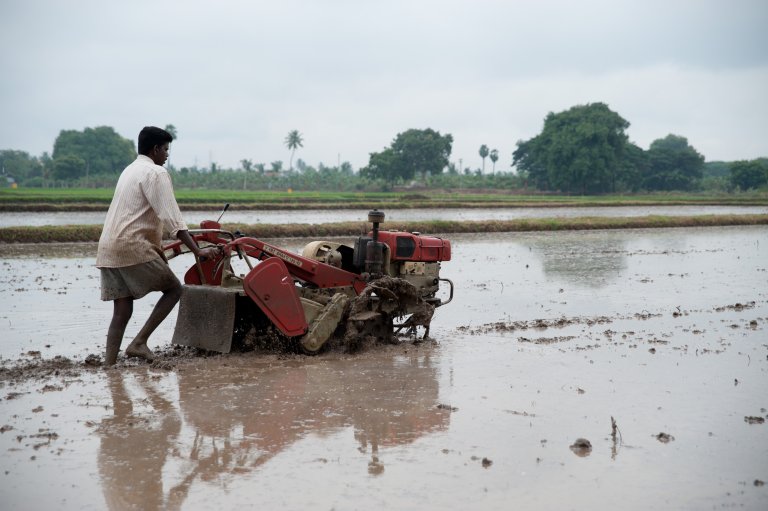
Take away’s from COVID-19 in NIBIOs international projects
When questioned about how he thinks COVID-19 will change the way NIBIO manages and works in international projects, Dr. Nagothu replies:
– I think we will put more emphasis on developing and using more digital tools and apps in agriculture at different stages of the value chain.
– We now see the benefit of digitalisation of agriculture to cope with situations such as COVID-19. This will be done through increased capacity building on developing and testing the digital apps, integrating them with existing tools and customization, all locally adapted and women user friendly, Dr. Nagothu says.
He adds that attempts are now being made to work with and strengthen farmer producer organizations, and to improve their competence to handle marketing challenges faced by farmers during COVID-19.
Contacts

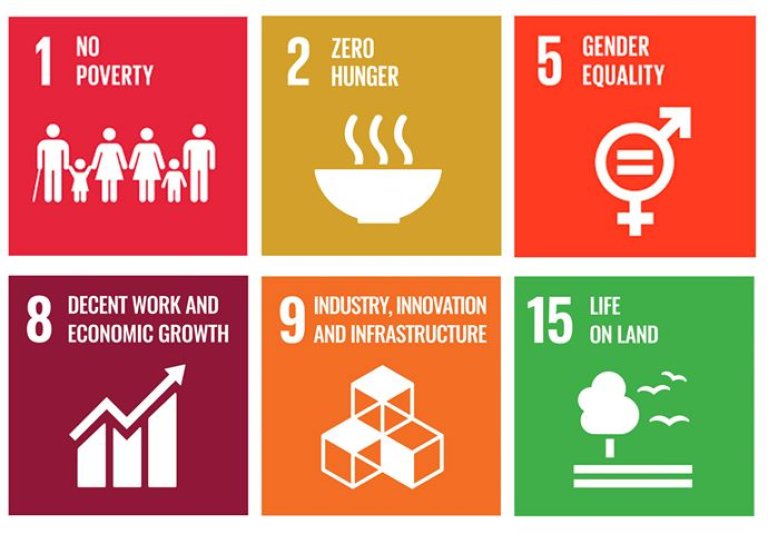
Contacts


